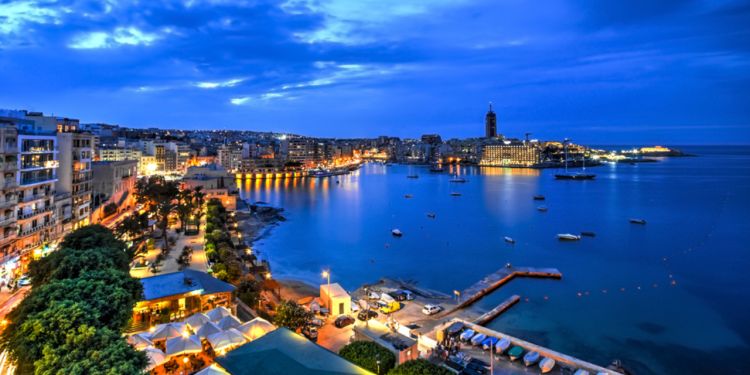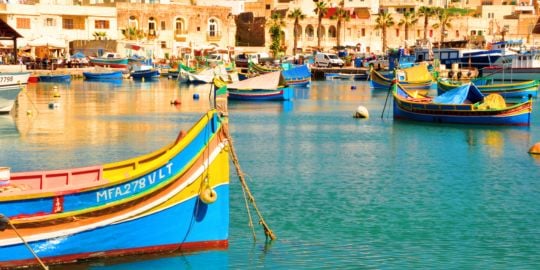How to obtain an e-Residence card in Malta

As you plan your move to Malta, an important consideration is your application for an eResidence card, which is issued by Identity Malta in Msida. Regardless of your nationality, you are required to file an application if you intend to stay in Malta for more than 90 days.
Types of eResidence cards
There are several application processes and forms to choose from, depending on whether you are an EU/EEA national or a Third-Country National. Additionally, your process will be determined by your financial situation. Forms differ based on employment, family member, student, or self-sufficiency status.
Visit the Identity Malta website for all current requirements for forms to apply for an eResidence card.
EU nationals will be expected to submit the following applicable forms:
- Electoral Form
- Economic Self Sufficiency – CEA Form J
- Employment/Self Employment – CEA Form A
- Family Members – CEA Form F
- Permanent Residence – CEA Form P
- Study – CEA Form M
Non-EU nationals will submit the applicable forms from this list:
- Blue Card – CEA Form B
- Economic Self Sufficiency – CEA Form K
- Employment/Self Employment – CEA Form C
- Family Members – CEA Form G
- International Protection – CEA Form I
- Long-Term Residents – CEA Form L
- Students – CEA Form N
- Temporary – CEA Form O (for Partner, Religious, Posted Worker, Working Holiday, Humanitarian Grounds, Health)
Applying for the eResidence card
All eResidence applications are submitted at the Identity Malta office at Triq Il-Wied Ta' L-Imsida, L-Imsida, Malta (Valley Road, Msida). You can take one of those buses: 41, 43, 44, 45, 46, 48, 49, 50, 54, 56, 280. The right bus stop is “Pont”.
If you take the bus to Valletta and disembark at the bus terminal, St. Elmo Fort is at the opposite end of the city. Given that Valletta is less than one square kilometer, nothing is out of walking distance here!
EU/EEA nationals and Non-EU nationals have different entrances, so be sure to go to the correct office (EU Nationals are on the right-hand side of the building).
All required supporting documents are listed for each application form. Be sure to include all required forms, including certified English translations if necessary and original documents as requested.
There is no fee for EU nationals or their family members, but Third-country nationals will pay the relevant application fee for the appropriate application type.
Third-country nationals who are coming to Malta for work can also apply for a Single Permit by following the instructions for the appropriate category of work and residence found on the Identity Malta website.
See your article “Resident and work permit for Malta” for more information about the Single Permit.
Benefits of having an eResidence card
Getting an eResidence card offers convenience in obtaining certain services, as well as local discounts.
An eResidence card offers:
- bus fare discounts,
- easier ability to open a bank account in Malta,
- easier ability to apply for property leasing and insurance, and
- the potential for cheaper utility bills.
Useful links:









